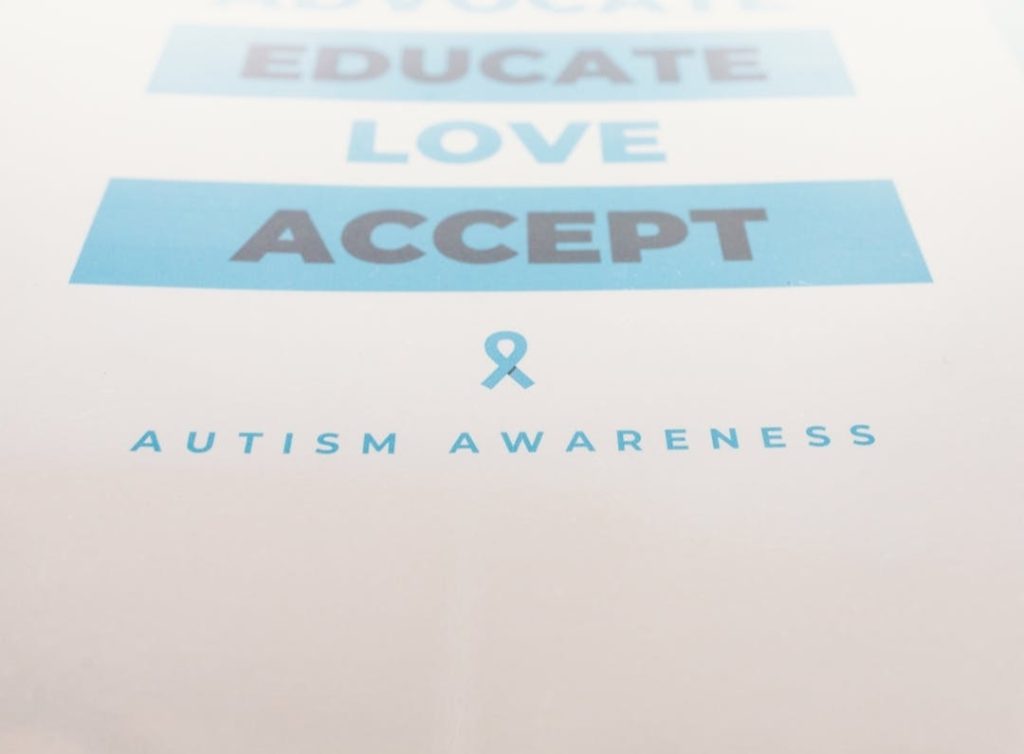In a culture where many of us aren’t comfortable talking about grief, it’s hard to know how to support someone who has lost a friend or family member. How much sympathy is too much? Will our well-meant words do more harm than good? What’s the best way to help?
Today is National Grief Awareness Day, which is held annually on August 30. The event aims to educate the community about the grieving process and support people who have experienced a loss. We may not be able to erase our loved one’s pain, but we can make sure they don’t go through it alone.
Here are some guidelines for walking alongside someone who is grieving.
1. Listen more than you talk. It’s easy to spout off advice or share your own experiences of grieving. But when the loss is fresh, your loved one doesn’t have the capacity to hear and absorb your wisdom. Instead, they may need quiet space to tell their story, talk about the person they’ve lost, or think out loud about their next steps.
2. Don’t assume you know what they’re going through. Every grief experience is unique. “After my husband died, it was hard for me when people said things like, ‘I know how you feel because my mom passed away last year.’ It’s not the same,” says Nita Beshear, author of Beyond the Grief: A Widow’s Survival Guide. “Even other widows can’t really know what it’s like for someone else, because we all had different relationships with our spouses.”
Some elements of grief are universal, like feelings of sadness, aloneness, and uncertainty. But two people can face similar losses and have completely different grief journeys.
3. Show that you care (don’t just say it). Simple, tangible acts of kindness can mean more than a thousand words. Bring fresh-cut flowers from your garden, a game or book to keep the kids entertained, or a meal or snack tray. Offer to mow the lawn, shop for groceries, or do other chores. Mail a handwritten sympathy note.
4. Take the initiative. We’ve all heard – and probably said – “Just let me know if you need anything.” But someone who’s overwhelmed by a recent loss can’t always reach out. Instead, your offer of specific help or maybe just an invitation to go have coffee or take a walk will make a difference. Even a quick text to check on how someone is doing can mean a lot.
5. Think before you speak. Most of us know how frustrating it is to hear well-meant, misguided platitudes that leave us feeling worse. “Put yourself in their shoes and see if you’d like this said to you, at this time. Never say any of the old cliches,” advises Karen Chaston, a life coach who specializes in loss.
Focus on the other person’s experience, not your own. Simple phrases like, “I know how much she meant to you” or “I can’t imagine how hard this is for you” may be all you need to say.
6. Keep showing up. On TV and in the movies, a death happens quickly, the ones left behind shed a few tears, and then life moves right on. But in reality, grieving is a slower, messier process. “The stages of grief aren’t linear, and they can pop up long after we think we have a handle on life,” says Nita.
Avoid suggesting that the grieving person needs to get over it and move on. Some people do bounce back quickly, but for others, healing takes months or even years. Stick with them through the whole process.
7. Take care of yourself. You can’t stay fully present for someone else when your own tank is empty. Being around a grieving person can be draining. Set boundaries and honor them and take time to replenish yourself in whatever ways work best for you. Then you can support your loved one from a place of strength.
We invite you to become part of our free virtual community at Her Nexx Chapter, where you can connect with others, find support, and explore self-care resources.
The Future of Connection for Women
- Lucille Clifton—Poet, Children’s Book Author and Guiding Light - February 21, 2022
- 10 Ways to Work Out Safely and Reduce Your Risk of Infection - December 14, 2021
- How a Simple Gratitude Practice Brought Me Peace and Helped Me Learn to Live in the Moment - November 12, 2021
Follow us:







